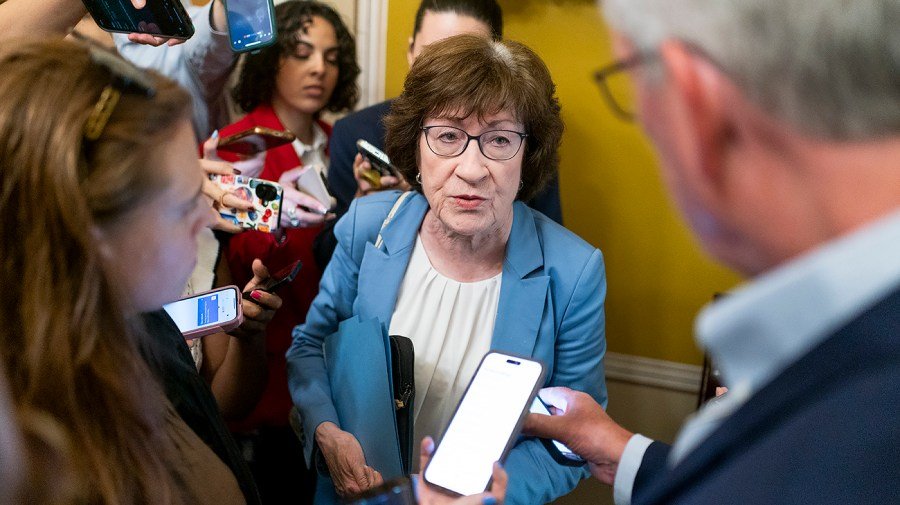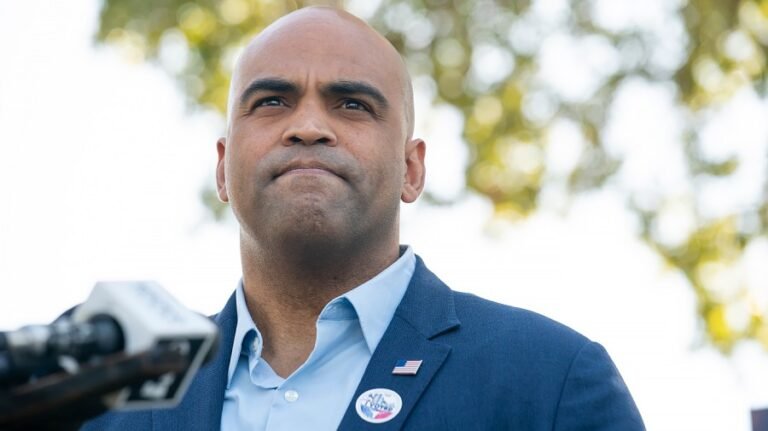
The Senate voted early Tuesday morning to defeat an amendment sponsored by Sen. Susan Collins (R-Maine) to create a new top marginal tax rate for the nation’s wealthiest income earners and use the money to double the size of a proposed rural hospital relief fund from $25 billion to $50 billion.
Senators voted 22 to 78 against a motion to waive a 60-vote budget point of order against the amendment.
Collins’s amendment to President Trump’s “big, beautiful bill” would have established a 39.6 percent top marginal rate for individuals with income above $25 million and for married couples with income above $50 million.
The amount raised would have fully offset the cost of expanding the relief fund that Senate GOP leaders have proposed to help rural and smaller hospitals around the country that are at risk of bankruptcy because of the steep Medicaid funding cuts in the GOP megabill.
“Rural providers, especially our rural hospitals and nursing homes, are under great financial strain right now, with many having recently closed and others at risk of closing,” Collins said on the Senate floor before the vote.
“When these facilities close their doors, the people they serve are often left behind without access to health care,” she said.
Eighteen Republican senators voted in support of the amendment. They were Collins and Sens. Jerry Moran (Kan.), Roger Marshall (Kan.), Lisa Murkowski (Alaska), Dan Sullivan (Alaska), Shelley Moore Capito (W.Va.), Bill Cassidy (La.), John Kennedy (La.), John Curtis (Utah), Deb Fischer (Neb.), Lindsey Graham (S.C.), Josh Hawley (Mo.), Jon Husted (Ohio), Bernie Moreno (Ohio), Mitch McConnell (Ky.), Roger Wicker (Miss.), Cindy Hyde-Smith (Miss.) and Todd Young (Ind.).
A handful of members of the Democratic caucus also voted for it, including Sens. Angus King (I-Maine), Jon Ossoff (D-Ga.), Mark Warner (D-Va.) and Raphael Warnock (D-Ga.).
Most Republican and Democratic senators voted against the amendment, however.
Senate Finance Committee ranking member Ron Wyden (D-Ore.) called it a “Band-Aid on an amputation.”
“It provides just a tiny fraction of the nearly $1 trillion in cuts the bill will make to Medicaid. It would be much more logical to simply not cut $1 trillion from Medicaid in the first place,” he said.


